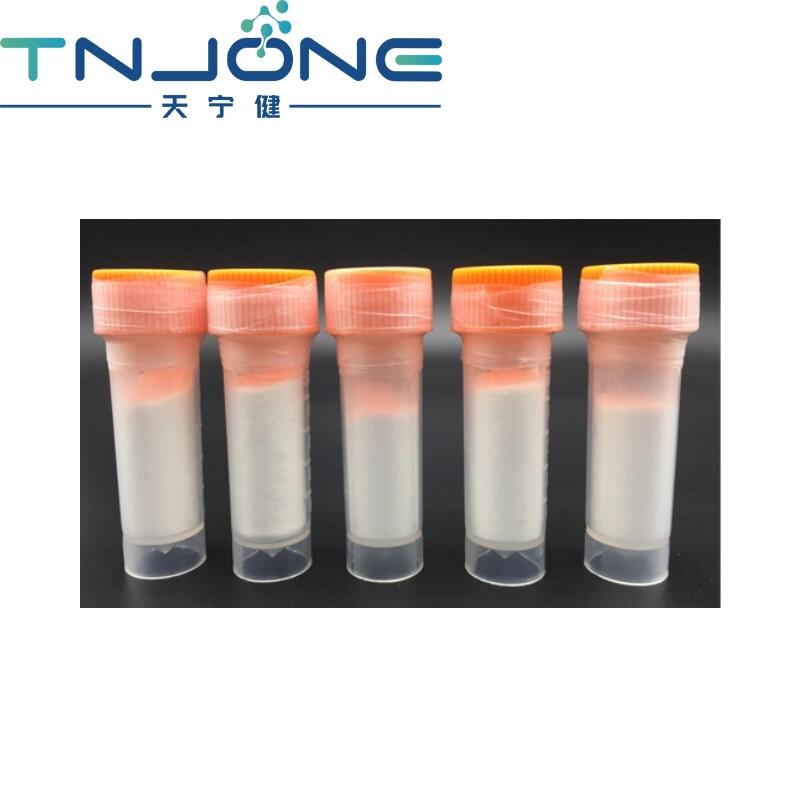Brain: Map of gene mutations in Chinese mainland Parkinson's disease at Xiangya Hospital, Central South University
-
Last Update: 2020-07-14
-
Source: Internet
-
Author: User
Search more information of high quality chemicals, good prices and reliable suppliers, visit
www.echemi.com
Recently, a team of researchers at Xiangya Hospital, Central South University, collaborated on a study to determine the clinical characteristics of mutation syllabet and carriers of mutations in the Chinese mainland population of familial Parkinson's disease and the endemic early-onset Parkinson's disease (sEOPD)researchers conducted multiple ligation-dependent probe amplification tests and full exome sequencing of 1,676 patients with autistic Parkinson's disease in the Chinese mainland population, including 192 patients from the family of autosomal recessive Parkinson's disease, 242 patients from the family of autosomal dominant Parkinson's disease, and 1,242 patients with sEOPD (age 50), according to standards and guidelines from the American Academy of Medical Genetics and Genomics, compared to the autosomal dominant Parkinson's disease queue (10 out of 242, 4.13%) and the sEOPD queue (57 out of 1242, 4.59%) The disease-causing/possible pathogenic variants of Parkinson's disease-related genes are known to occur more frequently in the autosomal recessive Parkinson's disease queue (65 out of 192, 33.85%), resulting in an overall moleculardiagnosisrate of 7.88% (132 out of 1676)researchers also found PRKN to be the most common mutant gene (n - 83,4.95%), and for the first time presented evidence of Chinese mainland SNCA repetition and LRRK2 p.N1437D mutationseveral new pathogenic/possible pathogenic variants were found in the queue, including LRRK2 (p.V1447M and p.Y1645S), ATP13A2 (p.R735X and p.A819D), FBXO7 (p.G67E), LRP10 (c.322dupC/p.G109Rfs x 51) and TMEM230 (c.429delT/p.P.P144Qfs.2), 132 patients with a genetic diagnosis had a age of 14.5 years earlier than those without a molecular diagnosis (i.e., non-carriers, median age 46.0 years)Specifically, patients with Parkinson's disease with ATP13A2, PLA2G6, PRKN or PINK1 disease/potentially pathogenic variants had significantly lower onset age than non-carriers, while other genetically pathogenic/potentially pathogenic variantcarriers had a similar age to non-carriersthe clinical spectrum of people with Parkinson's disease-related genes in this Chinese mainland population is similar to that of other populationsresearchers also detected 61 patients with a possible disease-causing mutation of GBA (3.64%) and 59 patients with GBA p.L444P variant (3.52%)these results reveal the genetic profile and clinical manifestations of Chinese mainland Parkinson's disease and expand the existing pool of disease-causing or possible disease-causing variants of Parkinson's disease-related genesdata highlights the importance of genetic testing of people with Parkinson's disease under the age of 40, especially those from families with recessive genetic patterns who may benefit from early diagnosis and treatment
This article is an English version of an article which is originally in the Chinese language on echemi.com and is provided for information purposes only.
This website makes no representation or warranty of any kind, either expressed or implied, as to the accuracy, completeness ownership or reliability of
the article or any translations thereof. If you have any concerns or complaints relating to the article, please send an email, providing a detailed
description of the concern or complaint, to
service@echemi.com. A staff member will contact you within 5 working days. Once verified, infringing content
will be removed immediately.







